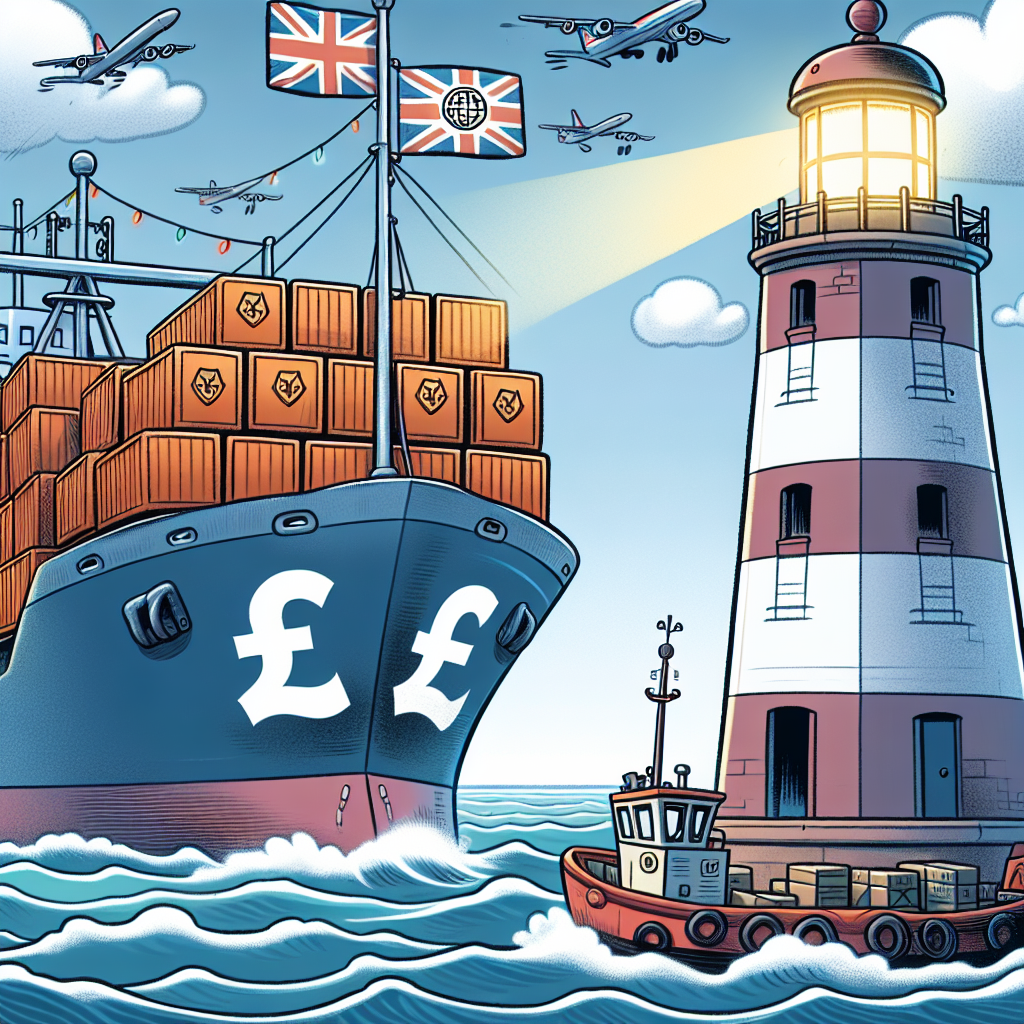EU Sanctions on Russia: Energy Tensions and Diplomatic Moves
The European Union extended its sanctions on Russia due to the ongoing war in Ukraine. Hungary had delayed the decision, seeking assurances on energy security. The renewed sanctions aim to disrupt Russia's finances, with profits from frozen assets aiding a loan to Ukraine. Diplomatic efforts continue amidst energy transit concerns.

The European Union has once again voted to extend its comprehensive sanctions against Russia, citing the continued conflict in Ukraine. This comes after Hungary dropped its objections, securing a commitment on energy security.
Kaja Kallas, the EU's foreign policy chief, announced the renewal on social media, emphasizing its impact on depriving Moscow of wartime revenues. The EU's sanctions, including sector-wide trade bans and the immobilization of Russia's central bank assets, are a crucial facet of Europe's support for Ukraine.
The decision follows warnings about the potential consequences of not rolling over these sanctions. Meanwhile, Hungary had sought consultations with the U.S. before agreeing to the renewal. The EU has promised continued dialogue about energy supply routes, a sensitive topic for Hungary and Slovakia.
(With inputs from agencies.)
ALSO READ
Hungary's Opposition Prepares for Showdown: Can Magyar Unseat Orbán?
Hungary's Controversial Constitutional Amendment and its Impact on LGBTQ+ Rights
Hungary's Firm Stand on EU Military Initiatives and Russian Sanctions
Hungary Pushes Constitutional Changes Targeting LGBTQ+ and Foreign Influences
Hungary's New Constitutional Amendment Stirs Widespread Controversy










